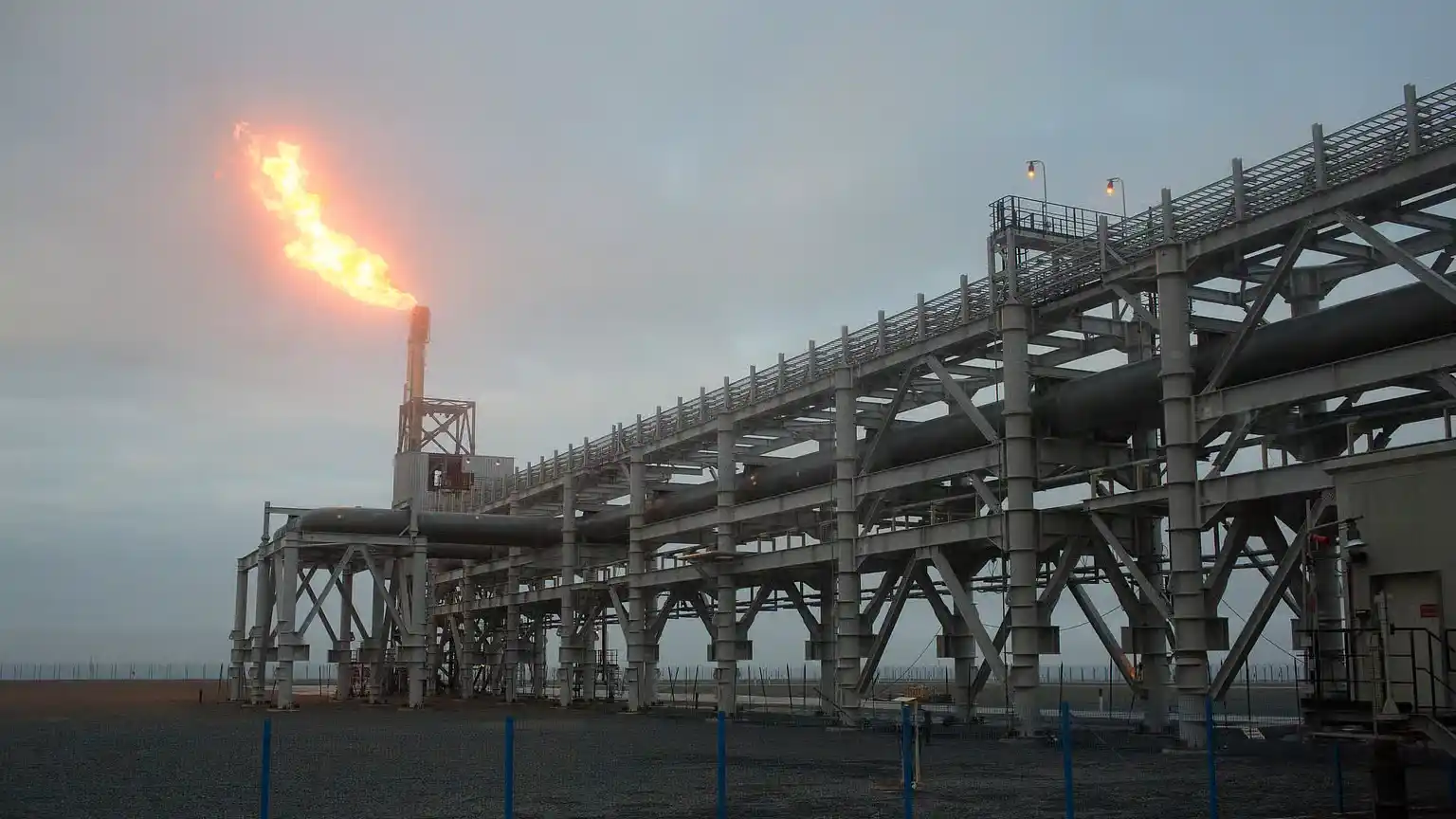The European Union is set to approve its 19th package of sanctions against Russia, aimed at cutting Moscow’s energy revenues and increasing pressure on President Vladimir Putin. According to Bloomberg, the measures were finally agreed upon after Slovakia withdrew its objections. The final approval is expected at the EU leaders’ summit on Thursday.
Energy Strike: Ban on Russian LNG
A key element of the new package is a ban on importing liquefied natural gas (LNG) from Russia, which will take effect in January 2027 — a year earlier than originally planned. European officials believe this step will deprive Moscow of a significant share of its foreign currency income and encourage a diplomatic resolution to the conflict.
“I think we will get there,” said Ireland’s Minister for European Affairs Thomas Byrne in an interview with Bloomberg TV. “It’s really important that the European Union continues to use its leverage against Russia — the power and strength that we have — to support the people of Ukraine.”
Difficult Negotiations and Compromises
The adoption of the new sanctions was delayed for several weeks due to disagreements among Austria, Hungary, and Slovakia.
Austria had insisted on unfreezing assets linked to Russian businessman Oleg Deripaska to compensate Raiffeisen Bank International AG for fines it paid in Russia. However, after receiving little support, Vienna eventually dropped the demand.
“We’re showing solidarity,” said Josef Schellhorn, State Secretary at Austria’s Federal Ministry for European and International Affairs, speaking to reporters in Brussels. “We need to speak with one voice. That’s our goal.”
Hungary also softened its position. According to Foreign Minister Peter Szijjarto, Budapest decided not to veto the package, since “our core national interests are not being violated.” At the same time, he noted that, in his view, the sanctions have not been successful.
The final obstacle was removed by Slovakia. On Wednesday morning, Prime Minister Robert Fico announced that he would lift his veto if the summit’s conclusions included a commitment to address high energy prices in the EU. According to Fico, the bloc’s leaders agreed to include this demand.
The New Package: Banks, Middlemen, and Export Controls
Beyond the energy embargo, the 19th sanctions package includes:
- Restrictions on Russian banks and financial institutions in Central Asia that have helped Moscow evade previous bans;
- Sanctions on several cryptocurrency exchanges used to bypass financial restrictions;
- Trade bans targeting Chinese and Indian entities accused of supplying Russia with sanctioned goods.
It also imposes an export ban worth more than €40 billion on goods that could support Russia’s military-industrial complex. The list includes minerals, ceramics, rubber, and other industrial materials.
Blacklist of Tankers and Next Steps
The European Union will also expand its “blacklist” of oil tankers involved in illicit Russian energy shipments. The new package adds more than 100 additional vessels, bringing the total number to roughly 550.
After EU leaders give their political approval on Thursday, member states will formally adopt the measures at a later meeting of the Council of the European Union.
In summary, the 19th sanctions package represents the most extensive tightening of EU policy toward Russia in recent months. It combines energy, financial, and trade restrictions while broadening the geographic scope of enforcement — from China and India to Central Asia.
According to Bloomberg, the European Union aims to demonstrate that it remains united and determined, despite internal divisions and growing energy sector pressures.
This article was prepared based on materials published by Bloomberg. The author does not claim authorship of the original text but presents their interpretation of the content for informational purposes.
The original article can be found at the following link: Bloomberg.
All rights to the original text belong to Bloomberg.


















